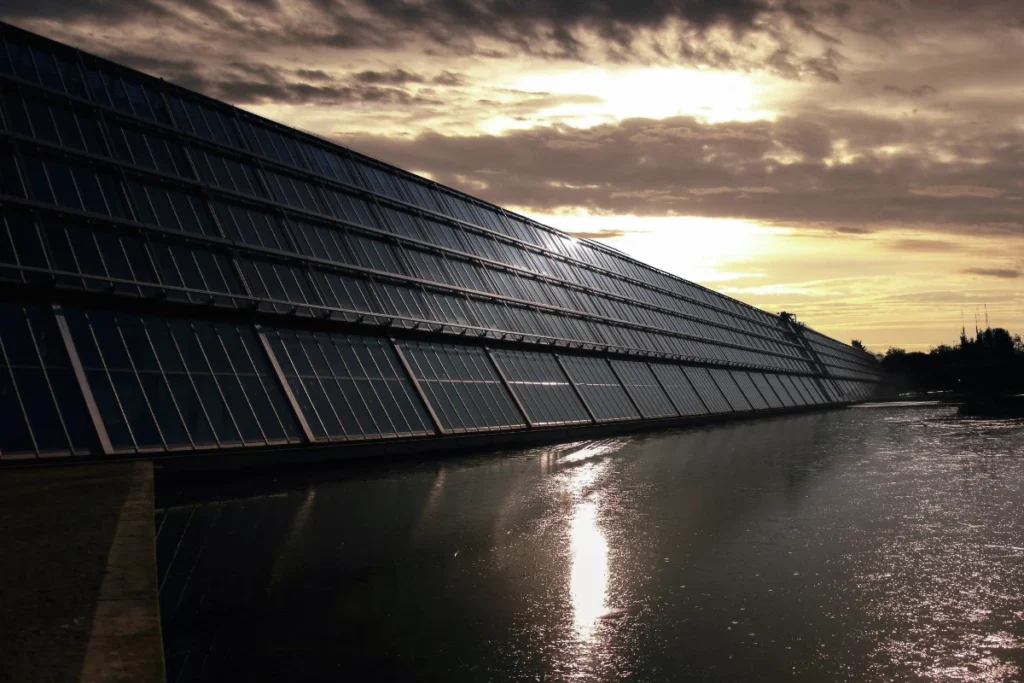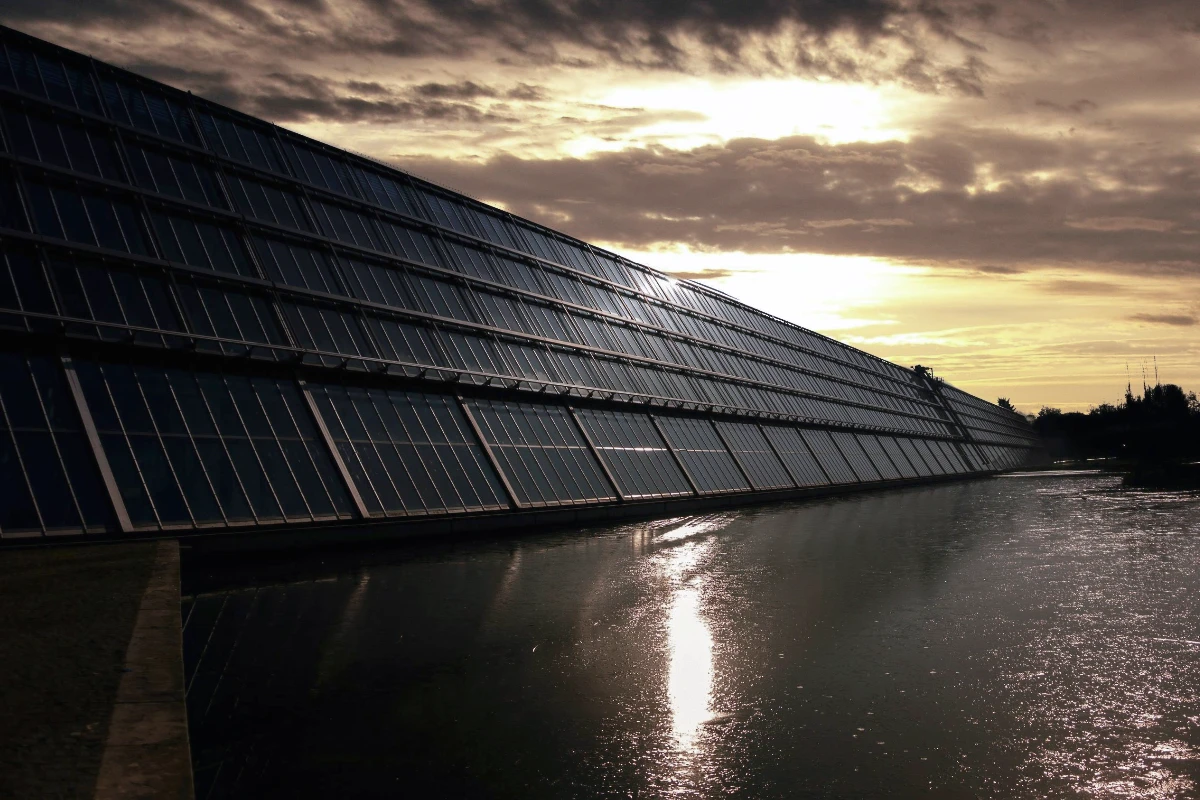The allure of solar energy has captivated homeowners across the nation. The promise of substantial savings, environmental benefits, and energy independence is hard to resist. Solar companies have capitalized on this enthusiasm, often touting dramatic decreases in solar panel costs. But are these claims grounded in reality? Let’s delve into the facts and separate hype from hard data.

The Solar Cost Myth
Solar companies frequently emphasize the plummeting cost of solar panels as the primary driver of affordability. It’s true that the price of solar panels has decreased significantly over the past decade. However, this is just one piece of the solar cost puzzle.
- The Hidden Costs: While panel prices have dropped, other components like inverters, racking, and installation labor have seen more modest declines. These costs, combined with permitting fees, inspections, and potential electrical upgrades, can significantly impact the overall price of a solar system.
- Financing Fine Print: Many solar companies offer leasing or power purchase agreements (PPAs) that seem attractive upfront. However, these often come with hidden costs, such as long-term contracts, limited system ownership, and potential rate increases.
- Sales Tactics: Aggressive sales tactics, including high-pressure sales pitches and misleading claims about energy savings, are common in the solar industry. It’s essential to approach solar sales representatives with a critical eye.
Real-World Solar Costs
To get a clearer picture of residential solar costs, let’s examine real-world data and experiences.
- Average System Costs: While the average cost per watt has decreased, the total cost of a solar system can vary widely based on factors such as system size, location, incentives, and chosen installer.
- Incentives and Rebates: Government incentives, such as the federal Investment Tax Credit (ITC), can significantly reduce the upfront cost of solar. However, these incentives are subject to change, and their impact on overall savings can vary.
- Energy Production and Savings: The amount of electricity your solar system generates depends on factors like panel efficiency, system size, and local solar irradiance. Actual energy savings can be influenced by your electricity usage patterns and local utility rates.
Tips for Savvy Solar Consumers
To navigate the complex world of solar energy, homeowners must be informed and discerning. Here are essential tips:
- Understand Your Energy Consumption: Conduct a thorough analysis of your electricity bills to identify peak usage times and potential savings. This information will help determine the optimal size of your solar system.
- Research Solar Installers: Look for installers with a strong reputation, positive customer reviews, and certifications. Request multiple quotes and compare not just the price but also the quality of equipment, warranties, and installation practices.
- Explore Financing Options: Carefully evaluate loans, leases, and power purchase agreements (PPAs). Consider factors such as interest rates, ownership terms, and potential hidden costs.
- Maximize Incentives: Take advantage of federal, state, and local incentives, such as tax credits, rebates, and net metering. Stay informed about changing policies that may impact your savings.
- Inspect Contracts Meticulously: Read the fine print of any solar contract. Pay attention to terms like system warranties, performance guarantees, and dispute resolution processes.
- Consider Battery Storage: Evaluate the potential benefits of adding a battery to your solar system. Assess factors like energy usage patterns, electricity rates, and available incentives.
Solar Company Business Models
Understanding different solar company business models is crucial for making informed decisions.
- Retail Solar Companies: These companies handle all aspects of the solar installation process, from sales to design, installation, and maintenance.
- Wholesale Solar Companies: These companies focus on selling solar panels and equipment to installers, often offering lower prices.
- Solar Leasing and Power Purchase Agreements (PPAs): These models allow homeowners to use solar energy without upfront costs by leasing or purchasing the electricity generated.
While retail models offer comprehensive services, wholesale options may provide cost savings. Leasing and PPAs can reduce upfront expenses but often involve long-term contracts and potential limitations.
The Role of Batteries
Solar batteries are becoming increasingly popular as energy storage solutions. They allow homeowners to store excess solar energy for use during peak demand periods or when the sun isn’t shining. This can lead to significant cost savings, especially in areas with time-of-use electricity rates. However, battery costs can be substantial, and their return on investment depends on various factors, including battery capacity, efficiency, and local electricity rates.
Common Solar Myths
Despite the growing popularity of solar energy, many misconceptions persist. Let’s dispel some common myths:
- Myth 1: Solar Panels Only Work in Sunny Climates: While solar panels produce more electricity in sunny regions, they can be effective in various climates.
- Myth 2: Solar Energy is Too Expensive: The cost of solar panels has decreased significantly in recent years, making it a more affordable option for homeowners.
- Myth 3: Solar Panels Have a Short Lifespan: High-quality solar panels typically have a lifespan of 25 to 30 years, with warranties often covering performance guarantees.
- Myth 4: Solar Panels Require Constant Maintenance: Modern solar panels require minimal maintenance, primarily involving periodic cleaning and inspections.
By understanding these myths and the factors that influence solar costs and performance, homeowners can make informed decisions about adopting solar energy.
Is Solar Worth the Hype?
While the declining cost of solar panels is a positive development, it’s essential to approach solar energy with a realistic perspective. By understanding the true costs, considering all factors, and conducting thorough research, you can make informed decisions about whether solar is the right choice for your home. Remember, the ultimate goal is to achieve long-term energy savings and independence, not simply falling for the hype.
